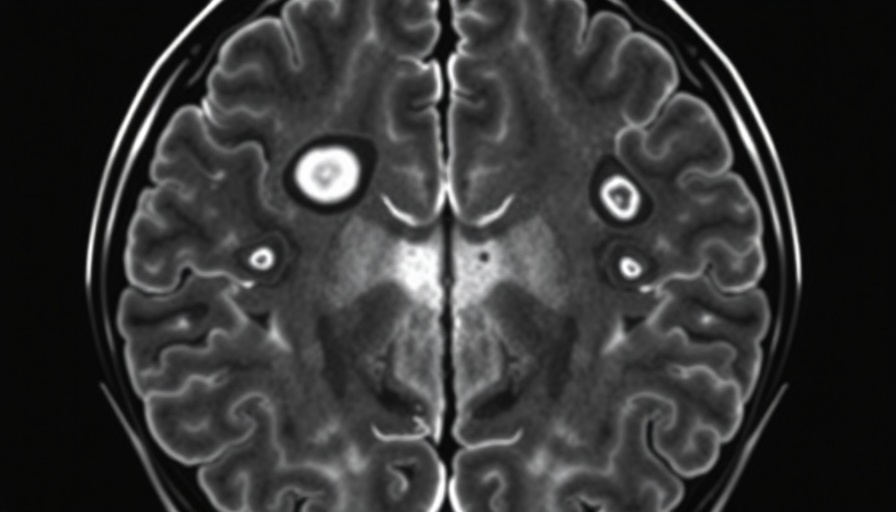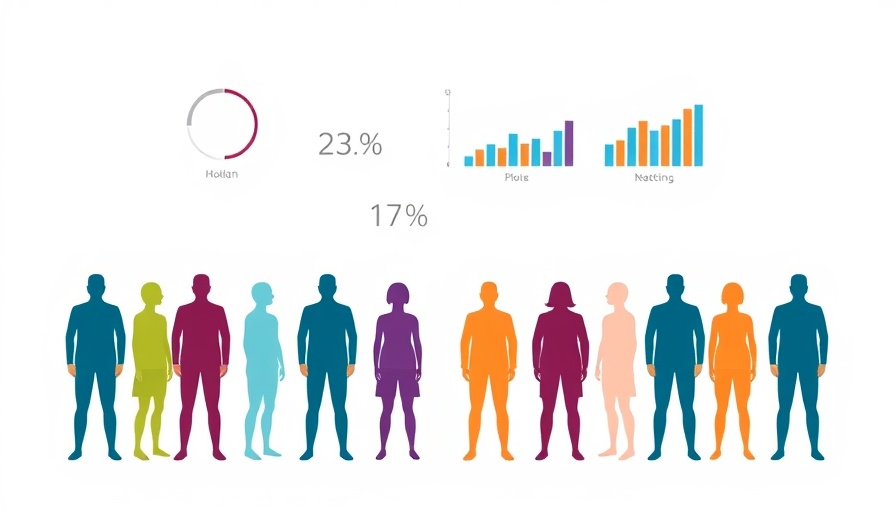
A Breakthrough Study on Vitamin D and Multiple Sclerosis
Recent research into vitamin D’s influence on multiple sclerosis (MS) is causing a stir in the medical community. A multicenter, double-blinded randomized control trial has shed light on whether high doses of vitamin D can aid individuals affected by this challenging autoimmune disease.
In 'Multicenter Double Blinded RCT on Vit D in Multiple Sclerosis', the critical implications of vitamin D for MS patients are explored, prompting further analysis of this emerging topic.
Understanding Multiple Sclerosis
Multiple sclerosis is a condition characterized by damage to the brain and spinal cord, specifically through demyelination. This damage occurs when the protective covering of nerve fibers (myelin) is attacked, leading to communication issues between the brain and the rest of the body. Patients often experience fatigue, mobility issues, and cognitive challenges.
The Role of Vitamin D in Disease Management
Known for its crucial role in maintaining bone health, vitamin D is also being scrutinized for its potential in autoimmune disease management. The ongoing trial specifically investigates whether high doses of vitamin D can reduce the frequency of lesions in the brain and improve overall symptoms associated with MS.
What’s Next for MS Patients?
The outcomes of this clinical trial could pave the way for new treatment protocols, illustrating how significant factors such as dietary supplements might alter the landscape of autoimmune disease management. As researchers continue to unravel the complexities of MS, understanding vitamin D's benefits could empower patients in their treatment journeys.
Stay Tuned for Updates
As discussions around MS and vitamin D evolve, it’s essential for patients and caregivers to stay informed. With promising results on the horizon, the intersection of vitamin D and MS management continues to inspire hope and research advancements.
 Add Row
Add Row  Add
Add 








Write A Comment